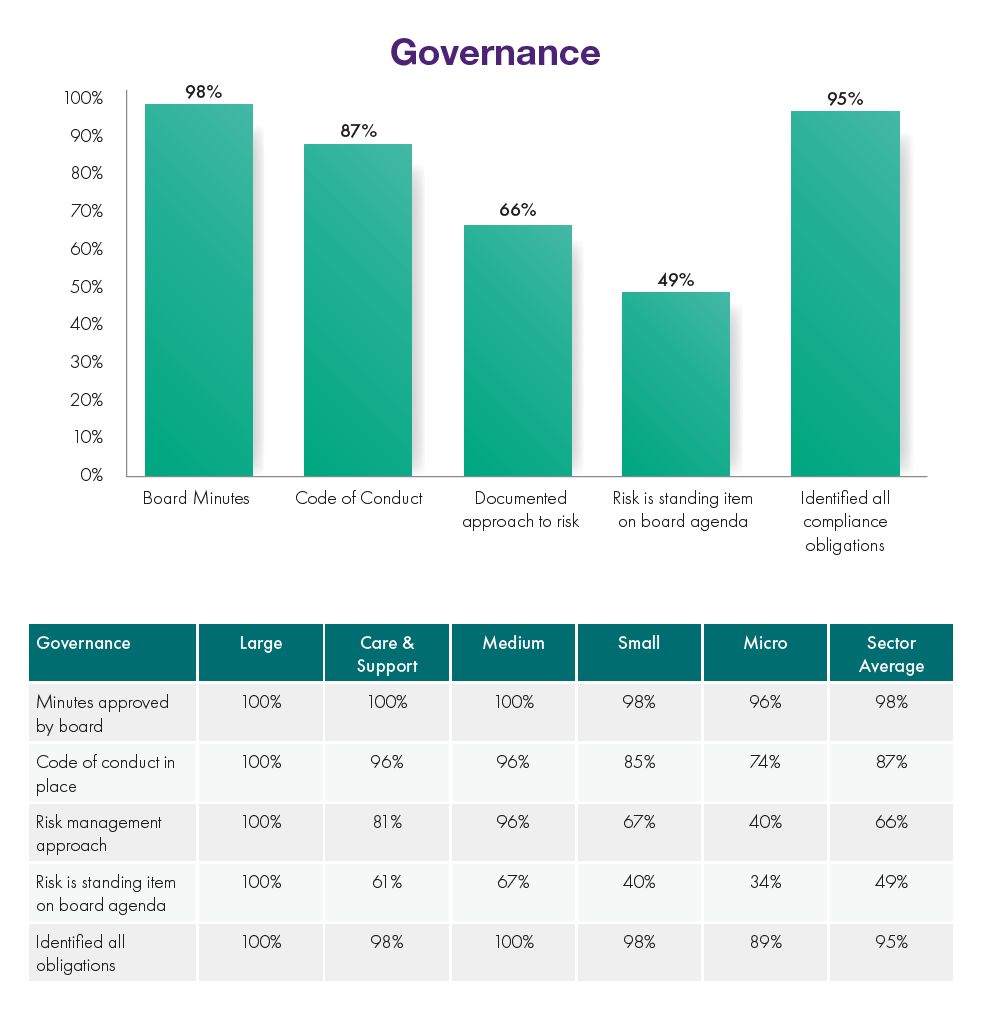
Increased housing delivery and the net zero challenge
18th July 2023
LOETB: Providing construction skills with currency in existing and future labour markets
18th July 2023Good governance is key for AHB success

An important focus for the Approved Housing Bodies Regulatory Authority (AHBRA) has been the development of the regulatory framework, including our approach to monitoring and assessing AHBs and the application of risk- based regulation, writes Susanna Lyons, Chief Executive of AHBRA.
based regulation, writes Susanna Lyons, Chief Executive of AHBRA.
Regulatory framework
AHBRA’s regulatory framework sets out our overall approach to the oversight of AHBs. It includes the registration of AHBs, the standards for AHBs, monitoring and assessing compliance, education and guidance, promotion and awareness of the Act, and the collection and publication of information, as appropriate. Additionally, the framework incorporates concerns, notifiable events, and relationships with other statutory and regulatory bodies.
Annual monitoring programme
Our first annual monitoring programme was conducted in the final quarter of 2022. It sought a range of data and information from AHBs, relating to their activities and performance. This information is crucial, as it enables us to identify sector risks, target future guidance and training, and to plan our annual assessment programme.
Annual sectoral analysis
We published our Annual Sectoral Analysis for the Approved Housing Bodies Sector in May 2023. It provides a comprehensive overview of the AHB sector including dwelling numbers, location, staffing, financial data, forecasted growth, and funding mechanisms.
The level of co-operation from the AHB sector as part of this monitoring programme was positive, with an 87 per cent response rate. The analysis is based on data submitted by those 387 AHBs. The full report can be found on our website.
Regulatory oversight
In addition to the data submitted, the annual monitoring provided an insight into AHB’s property and asset management, tenancy management, governance and financial management and reporting and AHB’s compliance with the standards. The information provided enables us to identify education and guidance needs, based on the weaknesses identified.
One area of focus is improving compliance with the Governance Standard.
- Good governance is essential to the effective operation of all AHBs. Successful boards will:
- provide strong, effective leadership and direction;
- understand the nature and scale of both opportunities and risks that their organisation face;
- communicate in an open and transparent manner with stakeholders; and
- commit to promoting and maintaining high ethical standards.
AHB boards
AHBs provided details on the number of board members in place and how often they met. The overall figures shown above demonstrate that, on average, boards do have sufficient membership and do meet regularly.
However, a number of organisations reported they did not meet appropriate standards relating to their board:
- 22 AHBs reported having less than five board members in place, which is the minimum number required to meet the eligibility requirements for being registered as an AHB;
- 68 AHBs reported that they met less than three times per year; and
- 29 AHBs reported that they had only met once in the past year or not at all.
For boards to be effective they must meet regularly to ensure there is appropriate oversight of the organisation. AHBs who fail to meet regularly will find it difficult to evidence and demonstrate how they meet the Governance Standard.
Governance
AHBs were asked a range of questions relating to their approach to governance as outlined below. Effective risk management and regular oversight of risks by boards provided lower than expected levels of compliance. This was particularly an issue for smaller AHBs.
Key learnings for AHBs on governance
The information submitted indicated a number of weaknesses and areas of concern. Those AHBs who reported that they do not have these basic governance requirements in place, will be expected to demonstrate a substantial improvement across governance with a particular focus on holding regular meetings, having clear policies and procedures in place and having a focus on risk and risk management.
It is important that all organisations have a clear understanding of all the relevant legal, regulatory, funding, and statutory obligations that affect them. The board should have assurance that they are complying with all obligations.
Appropriate risk identification, management and reporting is essential to the successful operation of all AHBs. Risk management is an important tool for all AHBs irrespective of size. Smaller AHBs will need to demonstrate that they identify, evaluate, and manage risk. These risks should be captured within a risk register and regularly reviewed by the board.
Education and guidance
AHBs should continue to engage with the regulatory framework, including our annual monitoring, and the notifiable events process. They should ensure they are fully aware of the obligations within the Governance Standard and utilise the guidance for AHBs, which provides key information on how to meet the standards. This is available on our website.
AHBs should continue to actively participate in any educational and guidance, webinars and events conducted by AHBRA and to utilise all published advice and guidance.
E: info@ahbregulator.ie
W: www.ahbregulator.ie







